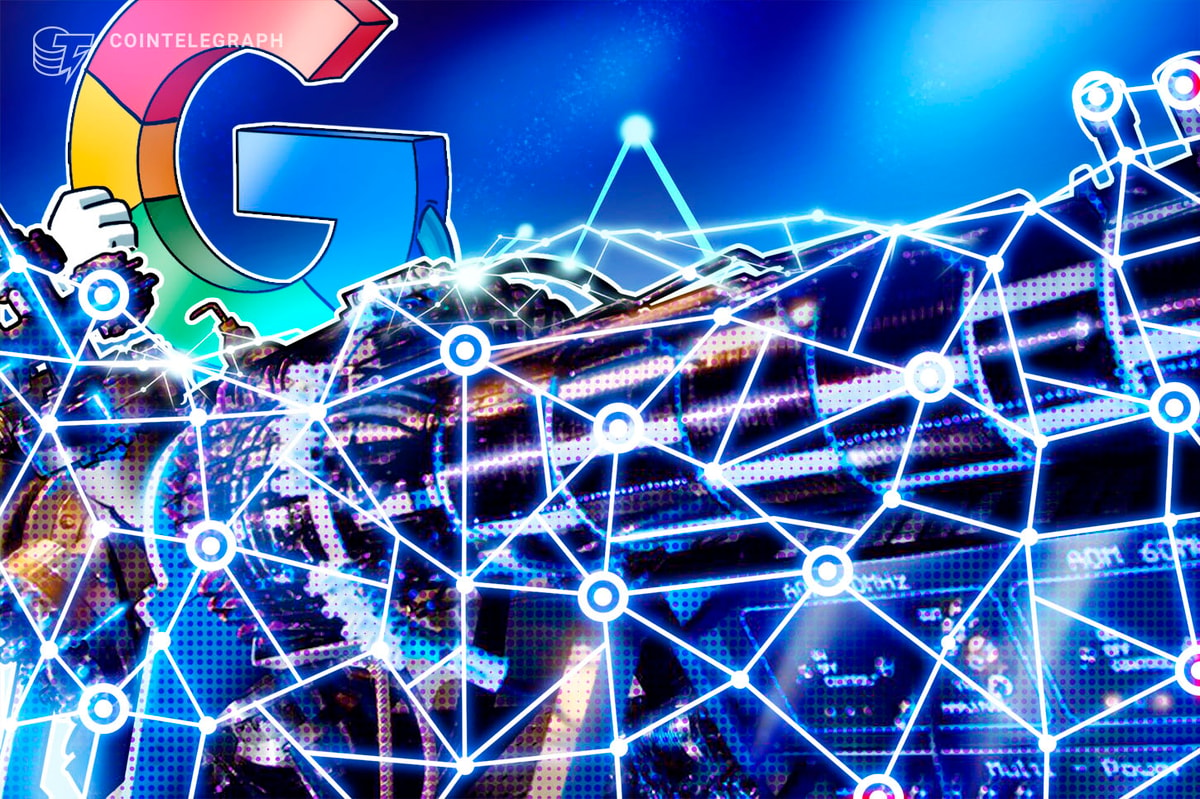Researchers at tech giant Google said they’d mapped the structure of a molecule 13,000 times faster than probably the most powerful “supercomputers” available today, achieving the primary demonstrable quantum advantage.
According to Google, the experiment used Google's Willow Quantum processor and “quantum echoes,” a method that uses targeted waves to image an object intimately.
The technique targets a single qubit, the fundamental unit of data storage in quantum computing, with a precise signal and causes it to reply. The process is then reversed so researchers can measure the “echo,” or signal, that bounces back, Google said.
The 4 steps in Google's latest quantum computing experiment. Source: Google
Google's experiment is verifiable, meaning the identical results will be achieved if the experiment is run on any quantum computing system with the identical technical specifications because the one utilized by the researchers.
A sufficiently powerful quantum computer could crack the encryption algorithms that underlie cryptocurrencies and is also used to secure sensitive information in banking, medical and military applications. Encryption is the core component that allows digital assets and peer-to-peer financing.
An illustration showing how interference can amplify quantum echo and reliably image and measure information. Source: Nature
Quantum computing and the existential threat to crypto
Quantum computers could make the Elliptic Curve Digital Signature Algorithm (ECDSA), the cryptography used to generate public Bitcoin (BTC) addresses which are matched to a personal key, obsolete as early as 2030, experts say.
“This is the one biggest threat to Bitcoin because it emerged from the rubble of the worldwide financial crisis,” said David Carvalho, founder and chief scientist of decentralized cybersecurity protocol Naoris.
Carvalho added that Bitcoin and other decentralized protocols suffer from a collective motion problem, where communities select to debate theoretical solutions quite than implement known workarounds as quickly as possible.
According to Mental Outlaw, a pseudonymous YouTuber who covers technology, quantum computers aren’t yet powerful enough to crack encryption standards.
The length of recent encryption keys ranges from 2,048 to 4,096 bits, although current quantum computers can only crack keys about 22 bits in size or less, Mental Outlaw said.
However, investors and firms try to get ahead of the issue by pushing for the adoption of post-quantum cryptography standards before a sufficiently powerful quantum computer emerges.
The US Securities and Exchange Commission (SEC) received a filing in September with a roadmap for quantum-resistant encryption standards by 2035.

